N,N-Dimethylallylamine CAS:2155-94-4
| Catalog Number | XD95989 |
| Product Name | N,N-Dimethylallylamine |
| CAS | 2155-94-4 |
| Molecular Formula | C5H11N |
| Molecular Weight | 85.15 |
| Storage Details | Ambient |
Product Specification
| Appearance | White powder |
| Assay | 99% min |
N,N-Dimethylallylamine, also known as DMAA, is a chemical compound with the molecular formula C7H17N. It is an organic amine that belongs to the class of secondary amines. In this article, we will explore the effects and potential applications of N,N-Dimethylallylamine.One of the known effects of DMAA is its ability to act as a potent central nervous system stimulant. It has been used in some dietary supplements and pre-workout products for its purported ability to increase energy, focus, and athletic performance. DMAA is believed to work by increasing the release and inhibiting the reuptake of certain neurotransmitters such as norepinephrine and dopamine, leading to enhanced alertness and physical performance. However, it is important to note that DMAA has been the subject of controversy and regulatory scrutiny, with some concerns about its safety and potential for adverse effects. As a result, its use in dietary supplements has been banned or restricted in several countries.Moreover, DMAA has been studied for its potential vasoconstrictive effects. It has been reported to cause the narrowing of blood vessels, leading to increased blood pressure. This effect may have implications in various therapeutic applications such as in the treatment of hypotension or in managing blood loss during surgery. However, due to its potential for adverse cardiovascular effects and health risks, the use of DMAA for such purposes is currently not recommended and further research is necessary to fully understand its safety and efficacy.Additionally, DMAA has been investigated for its antimicrobial properties. It has shown activity against a range of bacteria and fungi, making it a potential candidate for the development of antimicrobial agents. This could have applications in various industries including healthcare, agriculture, and cosmetics, where the control and prevention of microbial growth is important.In conclusion, N,N-Dimethylallylamine, or DMAA, has been associated with various effects and potential applications. It has been used as a central nervous system stimulant in dietary supplements, although its safety and regulatory status remain a topic of debate. DMAA has also shown potential vasoconstrictive effects and antimicrobial properties, which may have applications in the medical and industrial fields. However, it is important to note that the use of DMAA should be approached with caution and under appropriate guidance, as its safety and long-term effects are not yet fully understood.


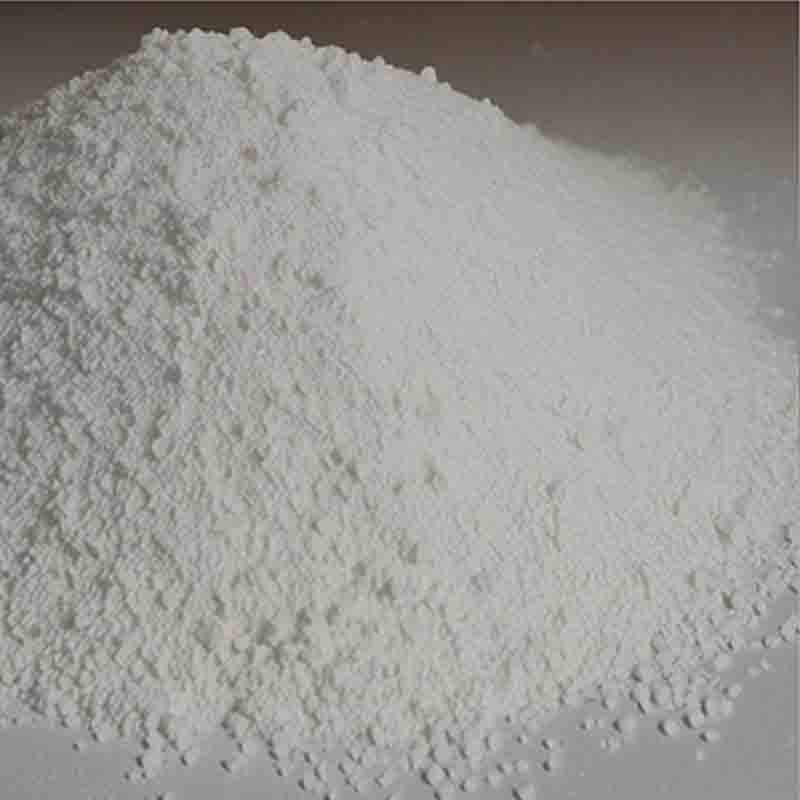


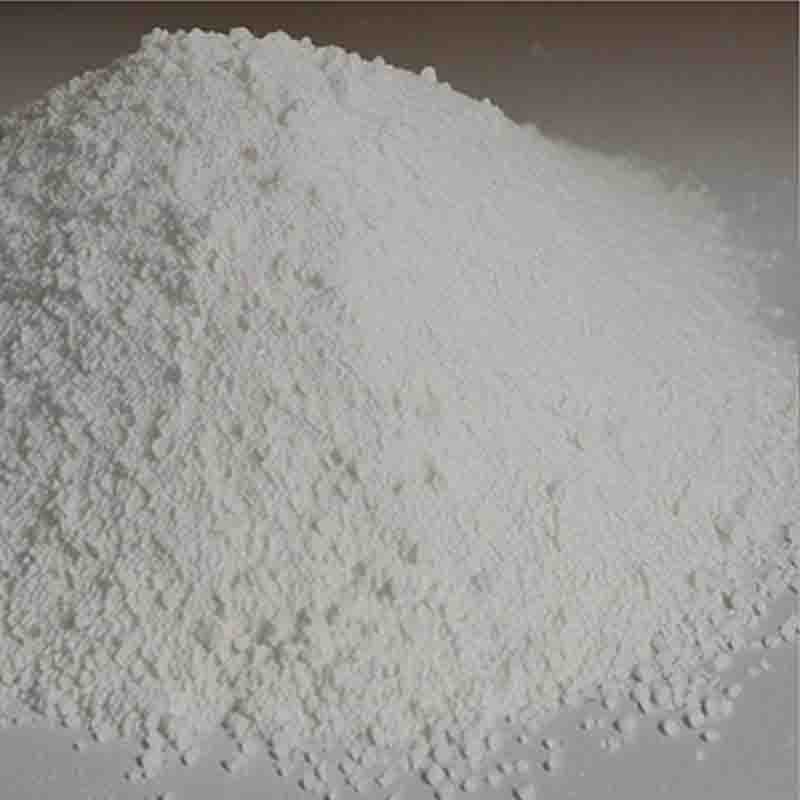
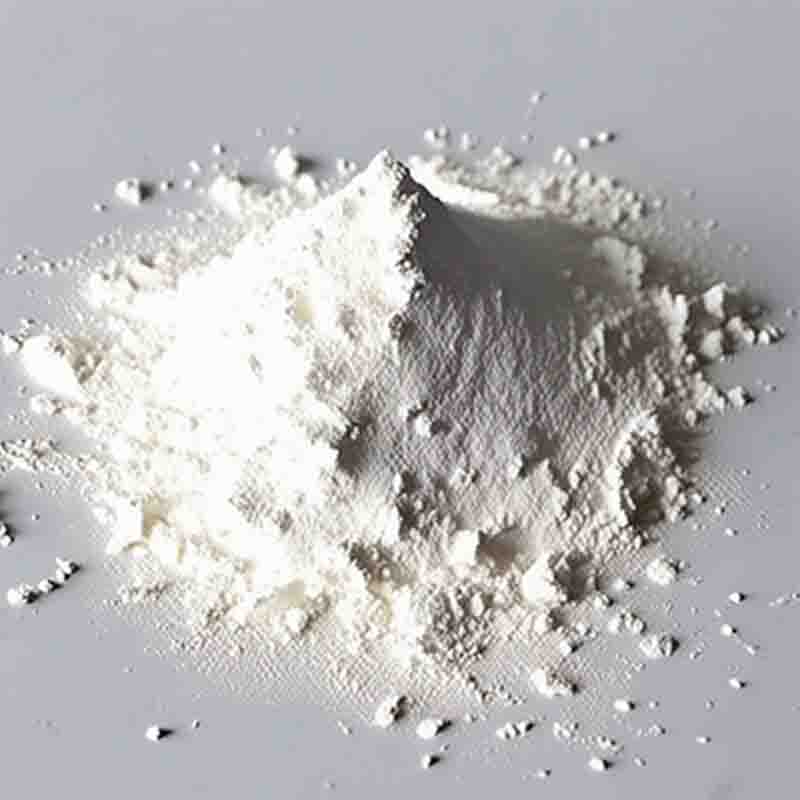
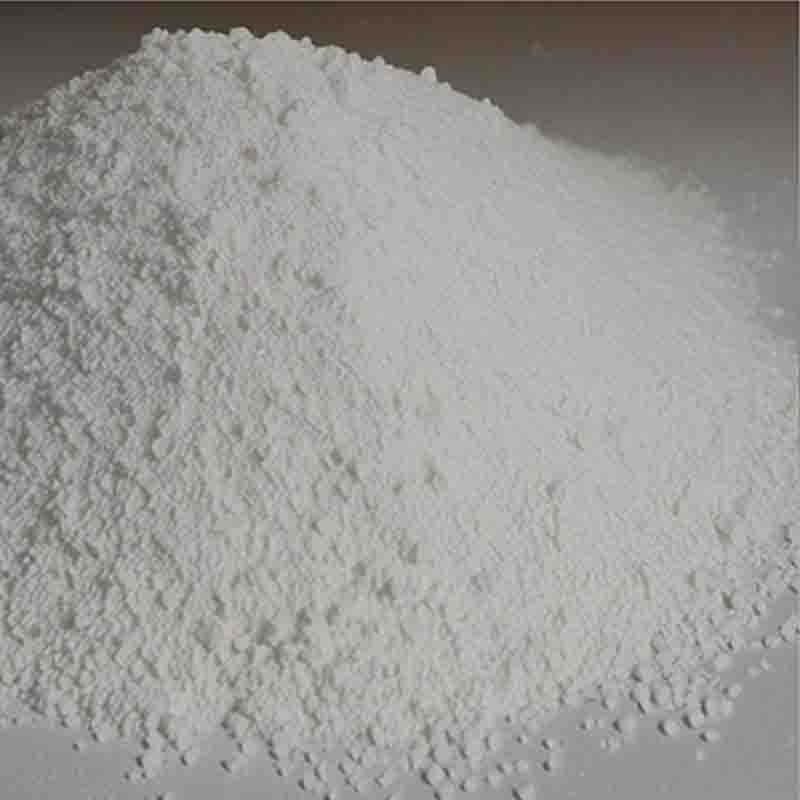
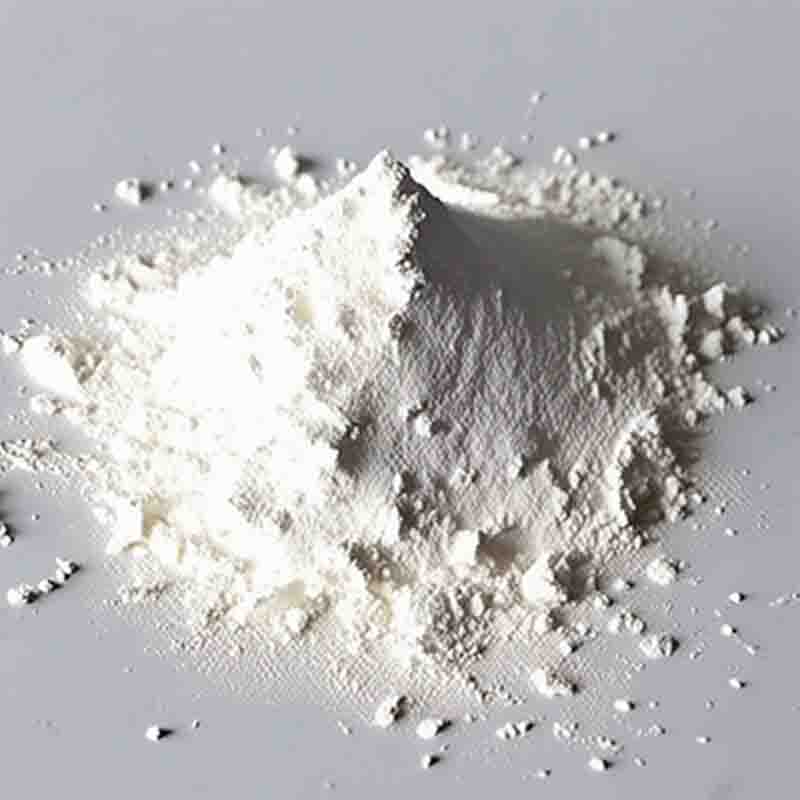
![(4aS,7aS)-Octahydro-1H-pyrrolo[3,4-b]pyridine CAS:151213-40-0](https://cdn.globalso.com/xdbiochems/白色粉末11265.jpg)